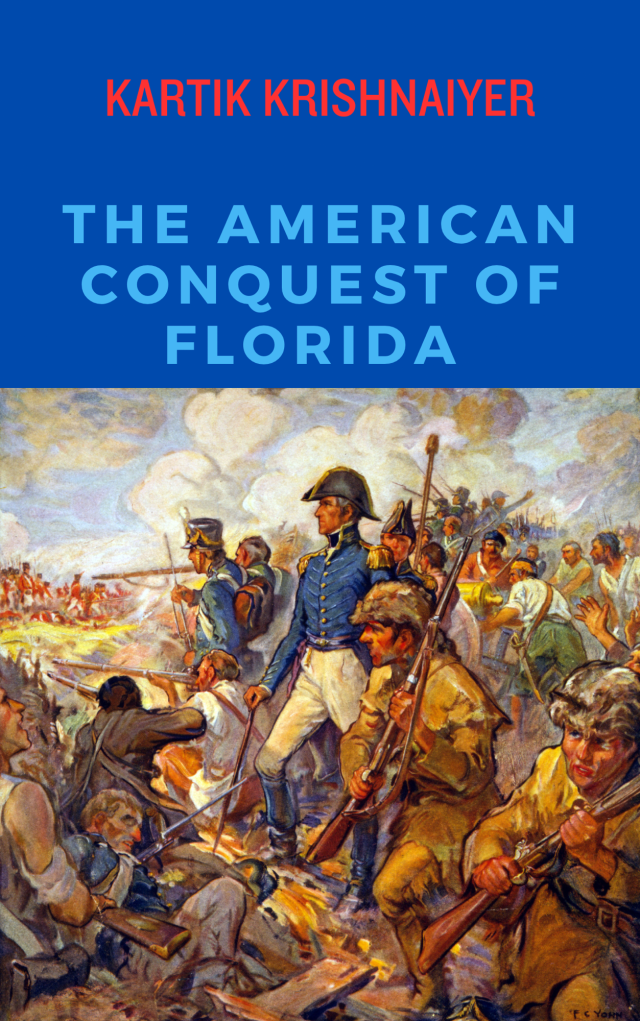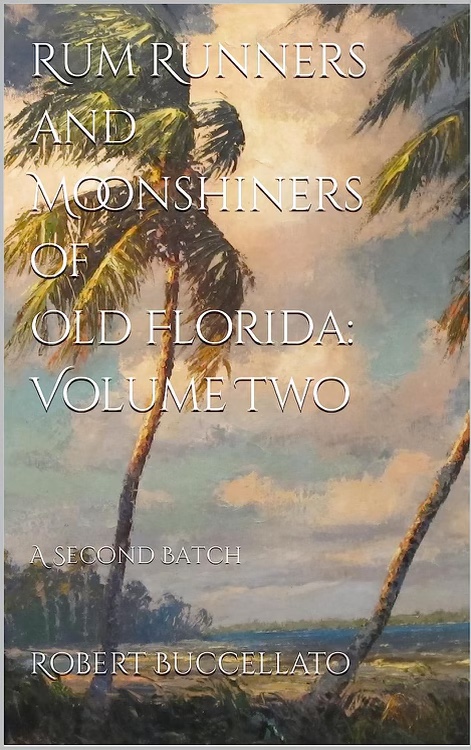Purchase Happy Days Are Here Again: The 1932 Democratic Convention, the Emergence of FDR–and How America Was Changed Forever from Amazon.com
Having previously read Steve Neal’s excellent Truman and Ike I was excited to find this book in the Kindle store before my recent trip to India. Study of the nomination of FDR and the assemblage of the New Deal coalition was once one of my hobbies though in recent years I have focused more on post World War II American politics and the Civil War era with my reading time.
The 1932 Election Cycle was the most critical in US History since 1860. The backdrop of the Great Depression overwhelmed everything, following 12 years of Republican Presidential rule. The Democrats had not gotten a majority of the popular vote nationally for President since 1892 and were a party deeply divided between an evangelical populist faction from the South and Midwest and a largely Catholic faction from the Northeast. The issue of prohibition divided the party badly on predictable lines with the South and Midwest on one side, the Northeast on the other, Protestants on one side, and Catholics on the other.
The 1920s had been a tough time for the Democrats. At the 1924 Democratic Convention, the Ku Klux Klan in its most powerful state had dominated the convention but could not get the 2/3 of delegates needed for nominating their preferred candidate William Gibbs McAdoo. McAdoo who was former President Wilson’s son-in-law had one of the most impressive resumes of any politician of the era and was preferred by the Klan since like his father-in-law he was a southerner by birth and a racist in practice. He also importantly supported prohibition. McAdoo had the majority of support but after over a 100 ballots, a compromise candidate John W. Davis, “the lawyer’s lawyer” was selected. Davis was conservative, and committed to racial segregation which was the established Democratic position at the time (The Republicans of the 1920s while arch-conservatives who destroyed the US economy with runaway capitalism were racially far more tolerant than the Democrats on the whole) but was less overt in his conservatism.
The Democrats in this era could rarely expand electorally beyond the southern base of the party. The former confederate states were solidly Democratic but outside of the region, the Republicans dominated largely marrying progressives and conservatives. The most conservative and reactionary elements of the country were part of the GOP as were the most radicalized and liberal elements. But as urbanization took hold many city dwellers partly out of deference to the machine politics of the city became Democrats ultimately changing the composition of the Democrats from a regional party to a national one.
The Democrats nominated “the happy warrior” Al Smith in 1928. He was the first Catholic Presidential nominee from a major party and was the subject of horrible discrimination. Much of the outer south, including Florida went Republican that year though the Deep South states stuck with the Democrats.
With the Great Depression in full force and Herbert Hoover beatable in 1932, Smith, McAdoo, and a host of other ambitious Democrats sought the nomination of the party. The frontrunner however was Franklin Delano Roosevelt who eventually won the nomination after McAdoo threw his support to him on the 4th ballot partly to deny Smith, a rival of both men the nomination. John Nance Garner, the conservative Texan who served as Speaker of the House also sought the nomination and eventually backed down on the 4th ballot, backing FDR and finding himself on the ticket. This came after FDR’s team was largely convinced they had blown their opportunity to win the nomination.
Conventions in those days were of course not simply the made for TV events they are now. They were deadly serious winner take all nominating events. Most delegates to the conventions were power brokers who often times had no interest in who had won primaries or who had more grassroots support.
The narrative in this book is outstanding and without giving too much away, Neal weaves together every political consideration throughout the primary season and the convention. The leading stars of the book are luminaries such as James Farley, Huey Long, John Nance Garner, Amelia Earhart, Will Rogers, Joseph Kennedy , William Randolph Hearst, Duke Ellington, and John Dos Passos.
For anyone interested in the history of the Democratic including battle over prohibition, the sectionalism and the creation of the New Deal coalition this is a must read.








